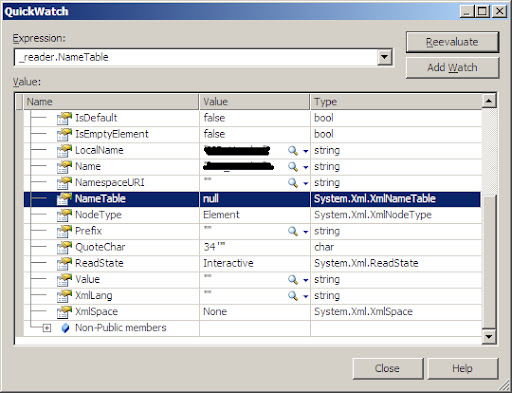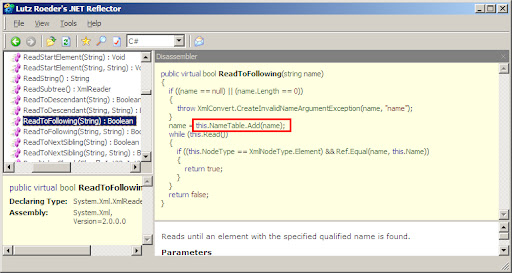Just passed Microsoft MCTS 70-235 exam. I can tell you that the preparations you have to take for this exam are very different from other Microsoft exam because there's almost no references from Microsoft (except MSDN).
It's seems that the team is checking the candidate knowledge about various of BTS-related technologies such as BAM and BRE, so in the single question in the exam with some code - you don't really need to know what you're coding, you need to identify the correct object to use (It's a question about invoking BRE policy).
If you're going to take the exam I can assist you with those tips:
- Spend time on the samples that ships with BizTalk and the Walk-through scenarios - spastically the BRE and BAM stuff. - Pay attention to the order of the actions you perform in those's sample.
- Choose the right answer even if it's seems so clear (remember that no one is trying to fool you)
- Read the documentation in the MSDN - this way you'll know that for example "BizTalk Editor" is the way Microsoft is calling the Schema Editor in Visual-Studio 2005 BizTalk 2006 extensions.
- Prepare yourself with BizTalk references other then Microsoft (I read "Professional BizTalk Server 2006" from Wrox).
_511.png)




